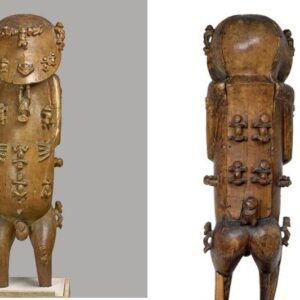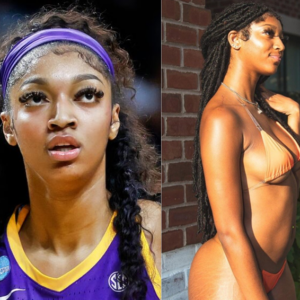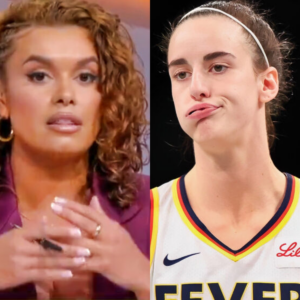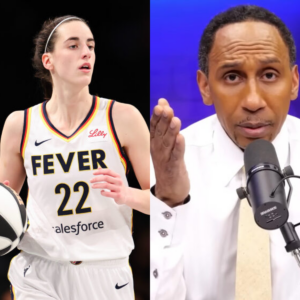The entertainment world has been rocked by disturbing allegations against Sean “Diddy” Combs. Leaked footage of Diddy abusing his ex-girlfriend Cassie Ventura has sent shockwaves through social media, leading to a surge of alleged victims coming forward with their own harrowing experiences.
The footage, showing Diddy physically assaulting Cassie, has ignited a public outcry. Former Bad Boy artist Gina Huynh also recounted a chilling incident where Diddy attacked her for shaking hands with rapper Meek Mill at a party. Huynh detailed how Diddy grabbed her hair, cursed at her, and later escalated the violence in a hotel room. These stories highlight a pattern of abusive behavior that is now coming to light.
Charlamagne tha God and DJ Envy expressed their disgust at the footage, with Charlamagne dismissing Diddy’s apology as insincere and Envy predicting that more suppressed videos would emerge. Diddy’s apology, in which he admitted to his actions and claimed to have sought therapy, was met with skepticism. Critics argue that his remorse is merely a response to being exposed rather than genuine regret.

The Los Angeles District Attorney’s office stated that, despite the disturbing nature of the video, the statute of limitations prevents them from pressing charges. This legal barrier has not quelled the public’s outrage, with many calling for justice beyond the courtroom.
Comedian Lunell and Ryan Clark also weighed in, emphasizing the racial dynamics at play. Lunell pointed out the systemic disregard for Black women’s experiences of abuse, suggesting that if Diddy had assaulted a white woman, the consequences would have been immediate and severe. This sentiment reflects broader societal issues where women of color often struggle to have their voices heard and their pain acknowledged.
Adding to the controversy, Cassie’s attorney highlighted that Diddy’s apology only came after his denials were disproven by the leaked video. This, they argue, reveals his manipulative tendencies and the lengths he has gone to maintain his public image.
As more victims come forward, the scope of Diddy’s alleged abusive behavior appears vast. These revelations have sparked discussions about power, accountability, and the protection of victims within the entertainment industry. The conversation is also shedding light on the broader issue of domestic violence and the importance of believing and supporting survivors.
Diddy’s case underscores the urgent need for systemic change, both in how we handle allegations of abuse and in the legal mechanisms that protect perpetrators. As the public continues to grapple with these revelations, the call for justice and change grows louder, signaling a potential shift in how such cases are addressed in the future.
News
The stunning Temple of Garni, Armenia. Built nearly 2,000 years ago.
Nestled amidst the rugged terrain of Armenia stands a testament to ancient splendor: the stunning Temple of Garni. Built nearly 2,000 years ago, this architectural marvel is…
Reviving the Ancient Abu Simbel Temples: Restoration Efforts in Aswan, Egypt, 1968
In 1968, an extraordinary feat of human endeavor unfolded on the banks of the Nile River in Aswan, Egypt. The ancient Abu Simbel temples, standing for over…
Rare and Ancient Sculpture of Lord Ganesha Carved into the Rocks at Raghunandan Hills (Unakoti)
Nestled amidst the rugged terrain of Raghunandan Hills lies a treasure trove of history and spirituality — the rare and ancient sculpture of Lord Ganesha, immortalized in…
African Architecture: The Unique Construction of Djenné’s Great Mosque
In the heart of Mali lies a testament to human ingenuity and cultural heritage: The Great Mosque of Djenné. Built with indigenous materials, primarily mud brick and…
Bronze Spartan Shield from the Battle of Sphacteria 425 BC Displayed at Athenian Agora Museum
Among the many treasures housed at the Athenian Agora Museum, one artifact stands out for its historical significance and the stories it holds: a bronze Spartan shield,…
Enigmatic Pacific Deity: Captivating Polynesian Artistry
In the heart of Polynesia, amidst the whispers of the Pacific winds and the rhythm of ancient chants, lies a testament to the spiritual and artistic richness…
End of content
No more pages to load











